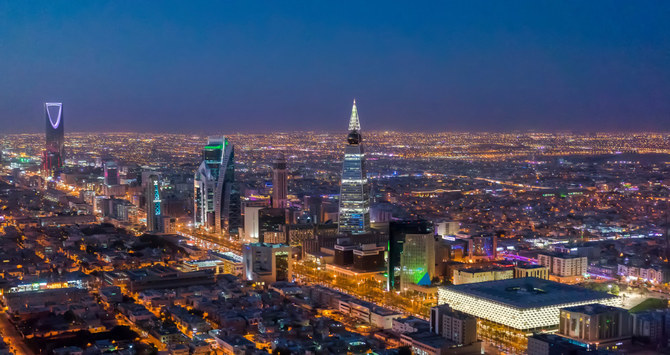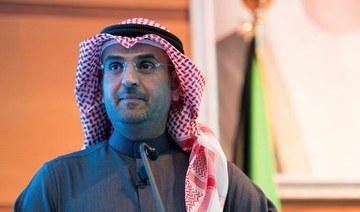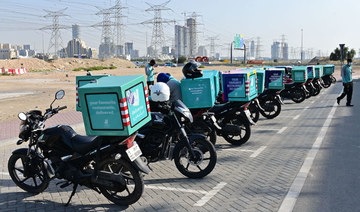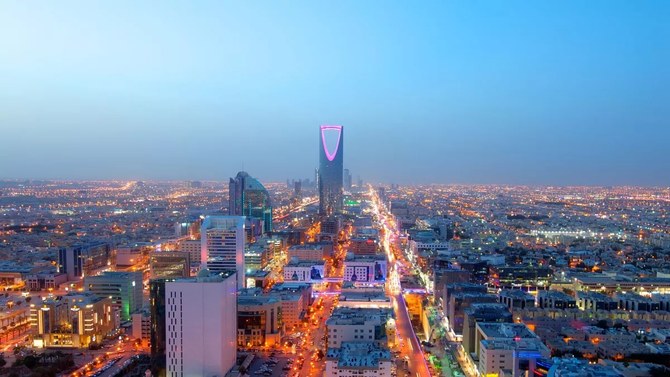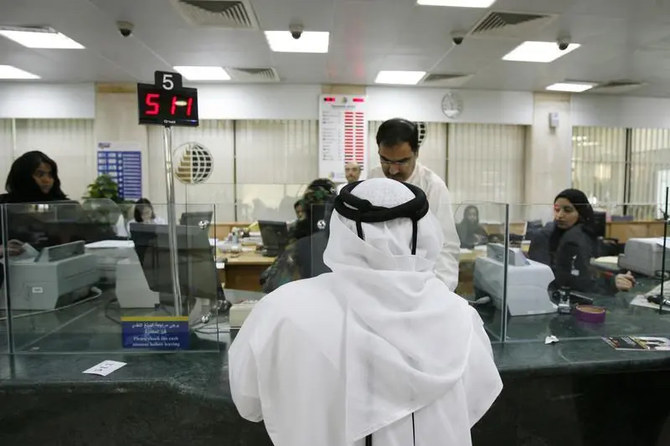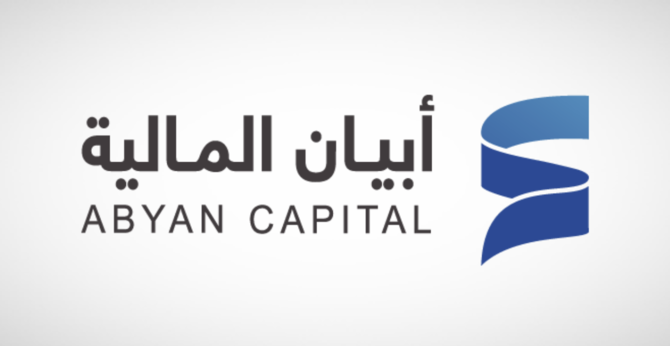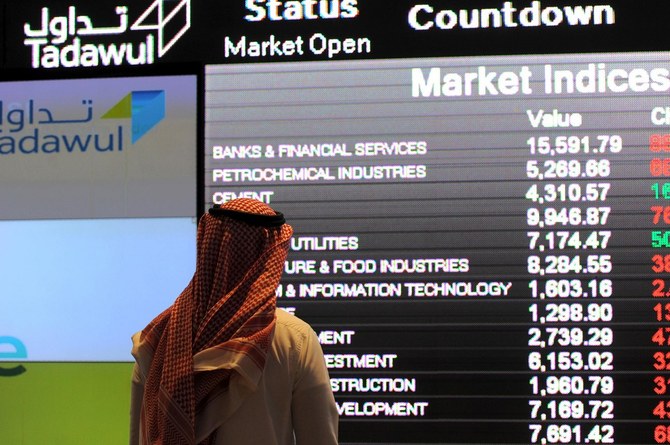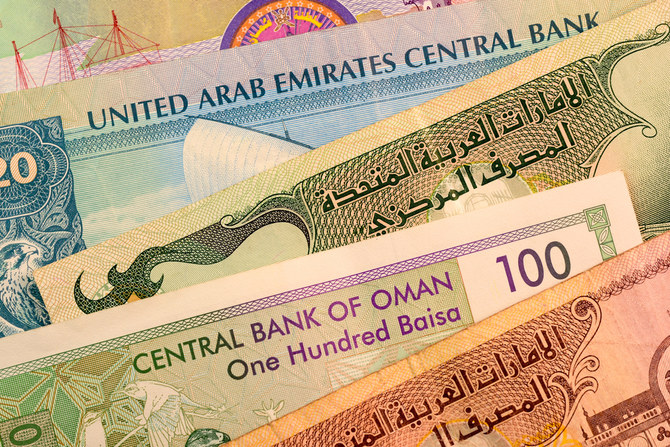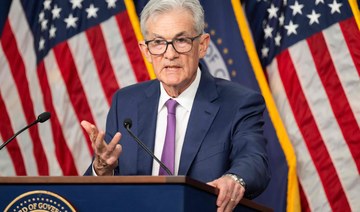LONDON: The coronavirus pandemic has highlighted the economic challenges facing nations in the Gulf region but has not changed the direction of their economies, experts told a web conference on Wednesday.
The comments came during an event on the Gulf Cooperation Council’s (GCC) economic prospects for 2021, hosted by Chatham House in London.
Tim Callen, assistant director of the Middle East and Central Asia department at the International Monetary Fund (IMF), said GCC countries experienced two significant shocks in 2020: the COVID-19 pandemic and disruptions in oil prices.
Cases of the virus peaked in the region around the middle of the year, in response to which GCC countries implemented stringent lockdowns and imposed travel restrictions. The number of cases began to fall, and lockdowns were eased, which supported the economic recovery in the second half of the year.
“GCC authorities have implemented a range of appropriate measures to mitigate the economic damage, including fiscal packages, relaxation of monetary and macro-prudential rules, and the injection of liquidity into the banking system,” the IMF said in a report, published in December, on how Gulf nations are addressing the two challenges.
There has been another spike in COVID-19 cases since the start of 2021, particularly in the UAE, which has led to even tighter preventative measures that have further affected economic activity. On the other hand some countries in the region are excelling in terms of vaccination rollouts, compared with the wider global situation.
Most countries experienced a big drop in growth in the first half of 2020, with the biggest hit taken in the second quarter. This was followed, in most cases, by a rebound in the third quarter. Data released by Saudi Arabia on Wednesday suggested the recovery continued into Q4.
Many thanks to @EscwaES, @ZiadMDaoud, @ProfessorKaren and Tim Callen of #IMF for a rich discussion on GCC Economies in 2021 and beyond.
If you've missed yesterday's webinar, the full recording is available here: https://t.co/RdCBhEtuYi
— Chatham House MENA (@CH_MENAP) February 11, 2021
Callen, who serves as the IMF’s mission chief for Saudi Arabia, said: “After seeing negative growth in in 2020, we are expecting a rebound in 2021.”
While oil prices recently reached their highest levels since before the pandemic, largely thanks to a Saudi cut in supply, in the long term the IMF forecasts lower oil revenues and so government spending will be strained.
“The good news is that some countries have already implemented adjustments,” Callen said. However, he added that this will “require sustained fiscal reforms that look across the gamut of the government wage bill, energy prices in the system, non-oil, tax revenue bases — and not all of the countries have yet introduced a value added tax (VAT), for example,”.
Karen Young, a resident scholar at the American Enterprise Institute, said: “The policy shifts that we are seeing in 2020 are a continuation of what has been underway since 2015” and is part of an ongoing trajectory.
“COVID made the economic diversification policies, that were innovative, more difficult to execute,” including travel, tourism, logistics and entertainment, as well as some types of investments, she added.
Young also touched on taxes and said more need to be introduced, including property, sales, VAT, incomes and corporate taxes.
On the GCC labor markets, Callen said there are a lot of reforms being introduced in Saudi Arabia, the UAE and Qatar regarding liberalizing the expat labor market.
“One of the key elements of reforms that we are going to need to see in the coming years is higher productivity for any given wage level,” he said.
Although the labor force participation rate of nationals remains low in the GCC (about 83 percent for men and 32 percent for women on average), it has risen over the past decade, with potential for further increases as highly educated nationals, especially women, enter the labor force, the IMF said in its report.
Moreover, a young population and rising labor force participation rates will lead to a large number of new labor force entrants in the coming years that cannot primarily be absorbed by the public sector, the report added.
“Depending on participation rates, the labor force could grow by an additional 2.5 million GCC nationals by 2025,” it forecasted.
Callen praised the “Vision” programs implemented by GCC member states and said they are heading in the right direction, but added that the big question is how do you diversify economies that are so heavily reliant on oil.
Rola Dashti, executive secretary of the UN Economic and Social Commission for Western Asia, said the reforms that are under way are important, but that additional types of reforms are also needed.
“The GCC economies have created a middle class dependent on state spending,” the Kuwaiti former minister said. “Sustainability of this is unobtainable, and not revisiting that social contract becomes a key issue on the state’s stability for the future.”
She said in most GCC countries, almost 83 percent of government expenditure goes to current spending such as salaries and subsidies but “this current spending of oil revenues, as we move forward, cannot cover it, not alone.”
“We need to look into how we will create a middle class that will generate wealth to the economy, vis-a-vis a middle class dependent on government spending,” said Dashti. “We need to create opportunities for the middle class targeted toward economic activities that generate foreign currency,” particularly since the GCC imports so much.
Regarding the economy, she said GCC countries excel in services rather than commodities, and are looking to compete on the global market in the financial services sector, technology, innovation and entrepreneurship, and green technology.



